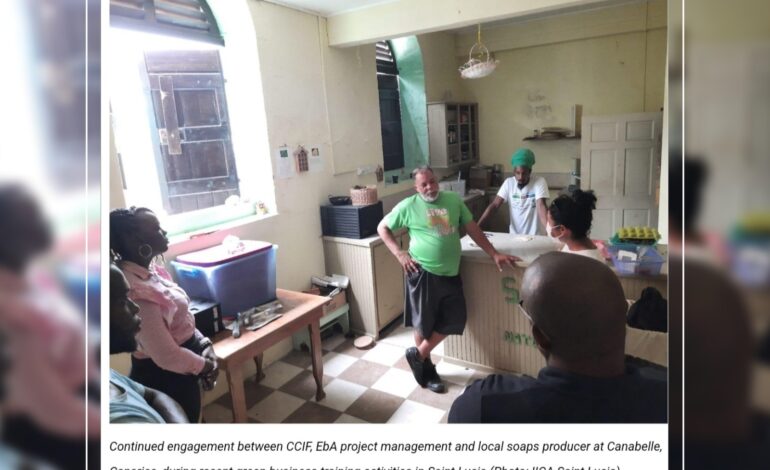
The Government of the Commonwealth of Dominica is obliged to express its disappointment and concern regarding certain gratuitous comments recently made by the Caribbean Court of Justice in its written judgment in the case of Glenroy Cuffy & Others v Melissa Skerrit, handed down on 5th July 2022, which has caused unnecessary discord in Dominica.
Following the hotly contested general elections in Dominica in 2019 which was won by the Dominica Labour Party (DLP), the Opposition, United Workers Party (UWP), launched ten election petitions alleging wrongdoing against a host of public officers including the prime minister, electoral officers and police officers.
So virulent and unwarranted were the public attacks by members of the UWP in the lead up to the hearing of those petitions that two High Court judges assigned to hear them felt obliged to, in succession, recuse themselves. The third judge assigned to hear them dismissed all ten petitions.
Dissatisfied with that judgment, the petitioners sought to appeal to the Court of Appeal which dismissed the application for leave to appeal on the basis that the decision of the High Court was not a final decision as provided for in sections 40(6) and (7) of the Constitution, and therefore the Court of Appeal had no jurisdiction to hear it.
Still dissatisfied, the UWP applied to the CCJ for special leave to appeal. The CCJ heard the application, stated that “[t]he central issue in the case was whether the decisions of the trial judge were „final‟ in the sense in which that word is used in s 40(6), or „interlocutory‟”, and concluded that the Court of Appeal’s judgment was correct and dismissed the Petitioners application for special leave to appeal.
Regrettably, having resolved that narrow, central issue on which the appeal turned, the CCJ made wholly gratuitous comments which, in the context of a politically volatile Dominica, have been seized upon by the Opposition UWP to foment public attacks on the legitimacy of the government.
The CCJ comment that “there remain areas of grave concern about how the process of these elections was conducted. Future elections in Dominica ought not to proceed with these or similar taints” are wrongly being viewed as an authoritative declaration by the CCJ that the DLP’s general election victory is questionable and have, unsurprisingly, fuelled public debate as to the legitimacy of the government. One
comment by a person who has held judicial office in Dominica in the past was, “My inspiration tonight: To avoid civil war in Dominica institute prompt and fair electoral reform. After the CCJ pronouncement the RSS will not defend you.”
In making those remarks, the CCJ departed from the sensible, time-honored practice of not commenting on matters it was not called upon to decide. Furthermore, the so-called “taints” over which the Court expressed “grave concern” are nothing but bare allegations on which no findings have been made by any court of law. In the context of the tiny, divided society that is Dominica, it was reasonably foreseeable that such comments from the CCJ would have engulfed the society in dissension.
The Government of Dominica hopes that given this serious and, no doubt, unintended state of affairs, the CCJ will take appropriate steps to clarify matters and avoid a repeat of this kind of gratuitous commentary on political affairs.




